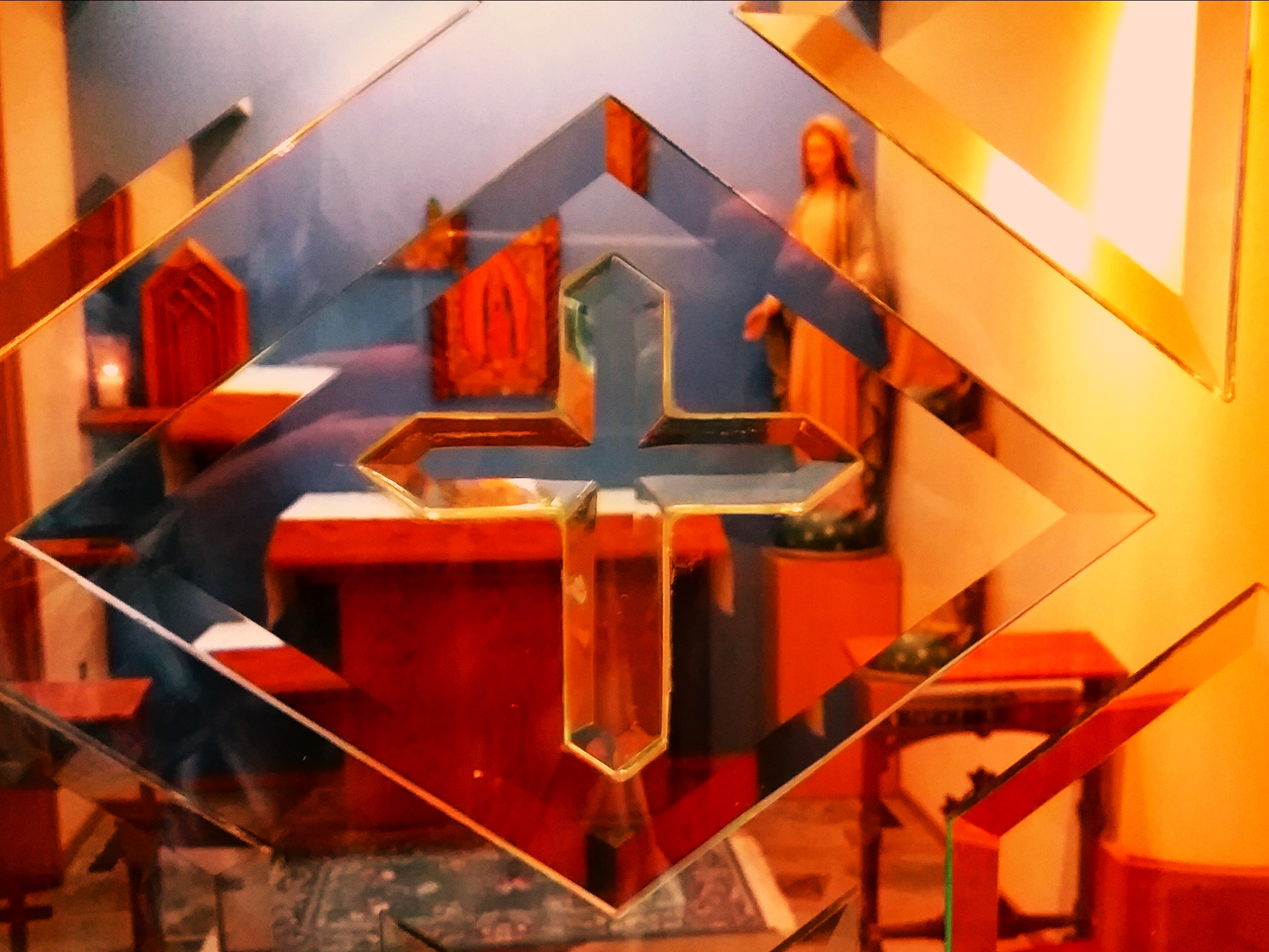The True Easter Story: 3 Days & 3 Nights

Matthew 12:40 KJV - (Jesus replied) "For as Jonah was three days and three nights in the whale's belly; so shall the Son of man be three days and three nights in the heart of the earth."
Faith and Nonsense - I grew up in a backslid Catholic family. As a young child the priest told our third grade Sunday School class the traditional timeline for the Easter story: that Jesus died on Friday afternoon and rose on Sunday morning. That's why we commerate Jesus' death on "Good Friday" and celebrate His resurrection on Easter Sunday. He also told us that Jesus was in the grave for three days and three nights. Some of the brighter children counted on their fingers and protested that you can't fit three days and three nights between Friday afternoon and Sunday morning. But the priest admonished us for questioning his authority.
Let's Do the Math The Bible says that Jesus died on the Passover (Full Moon) at the time of the evening sacrifice in the Temple, 3 PM. It doesn't give a specific time for His resurrection. But we know that the women were at the Tomb as soon as there was morning light. The traditional timeline from 3 PM Friday to 6 AM Sunday is only 39 hours. It could've been a few hours more or less, depending upon what specific time you think Jesus arose on that morning. But those few hours one way or the other will not change the overall conclusion. The time span between Friday afternoon and Sunday morning is simply too short to be consistent with what Jesus said (3 days and 3 nights) in Matthew 12:40.
The Real Issue is not how to cram three days and three nights into the short span of time between Friday afternoon and Sunday morning - because you can't. That's just one more reason why so many unbelievers think that Christians are stupid - because sometimes we are! The real issue is that Leviticus is our least favorite book of the Bible. Consequently, most Christians naively assume that the ancient Jewish calendar was just like our own. But it's not! The ancient Jewish calendar was kinda loose and free flowing. Some years had 12 months, others 13. Some weeks had one Sabbath, others had two. With that information you are now in a position to reconsider what John says from the perspective of the Jewish calendar. The following verse pertains to a time between Jesus' death and His resurrection.
John 19:31 (NIV) - Now it was the day of Preparation, and the next day was to be a special Sabbath.
A special Sabbath? What is that about? And why should we care? Seven times each year the Jews would have a special Sabbath (a.k.a. High Sabbath or Double Sabbath). You can read about these "special Sabbaths" in Leviticus chapter 23. John tells us that the week when Jesus died was one of those special weeks in the Jewish calendar with TWO Sabbaths. This is the game-changer needed to reconcile Jesus' statement about three days and three nights (Matthew 12:40) with the rest of the Biblical account of His death and resurrection. So much for all the needless confusion generated by the traditional timeline! (Caveat: This extra Sabbath is not the full solution to the 3 days and 3 nights conundrum. But it is part of the solution.)
In Conclusion, the little children were right and the Catholic priest was wrong. The unbelievers who challenged the traditional timeline were right and the Christians who defended it were wrong. We should've known our Bibles better. But more importantly, instead of behaving proudly with a "know-it-all" attitude, maybe we should've been humble and open to correction. The same goes for our beliefs about the End Times and other disputable issues that divide Christians.